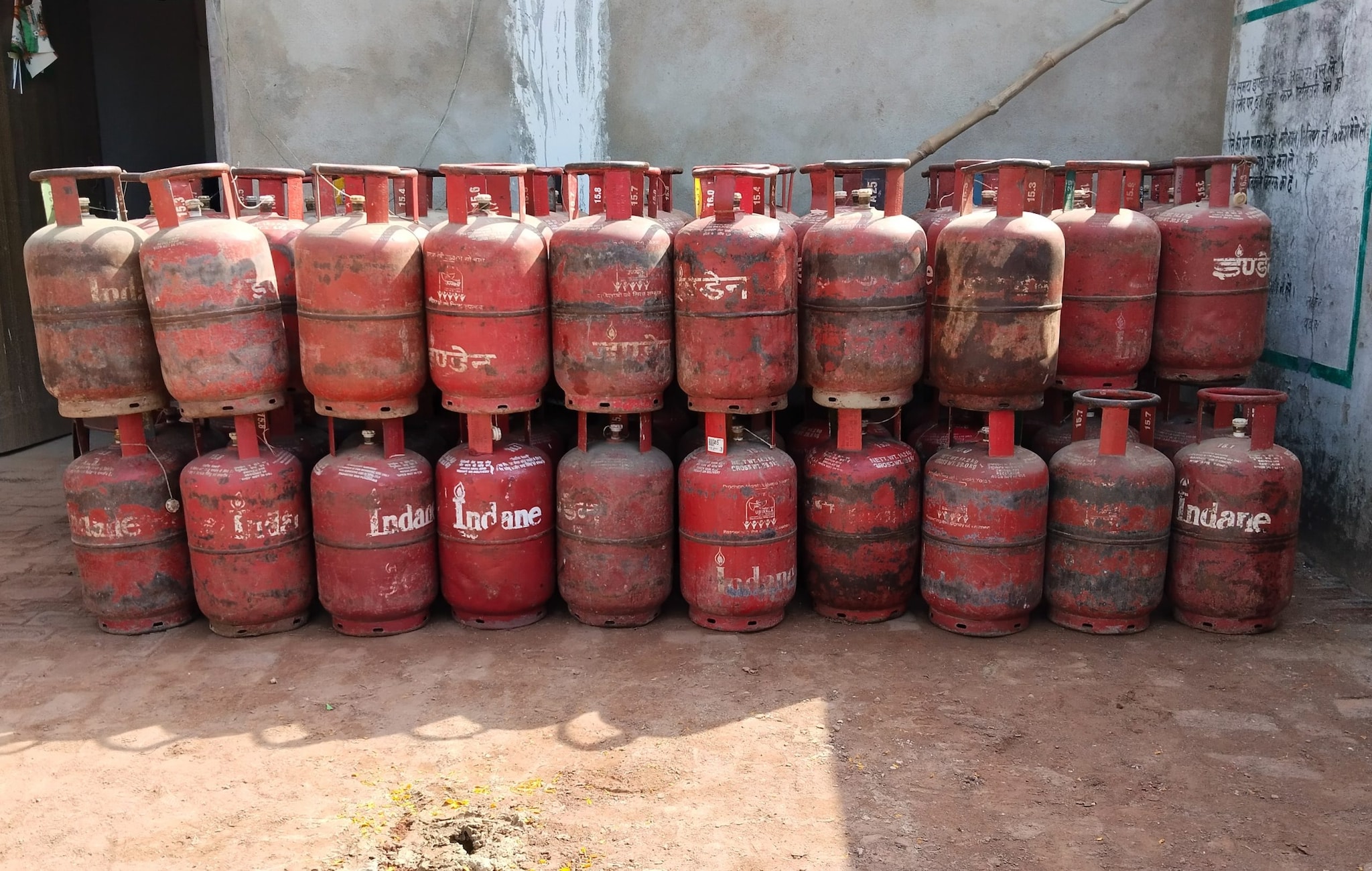South Korea’s pharmaceutical giant Celltrion said Thursday it has received regulatory approvals for three biosimilars in Australia over the past two weeks, a move expected to amplify its presence in the Oceania market. According to the biosimilar maker, the approvals from Australia’s Therapeutic Goods Administration cover eye treatment Eydenzelt, its version of Regeneron Pharmaceuticals' Eylea, as well as two bone-related therapies Stoboclo and Osenvelt, referencing Amgen's Prolia and Xgeva, respectively. With the newest additions, Celltrion now has 11 products either approved or marketed in Australia.
“Australia’s biosimilar-friendly environment continues to spur our growth momentum,” a company official said. “We aim to complete the remaining commercialization steps swiftly to ensure stable supply in the market.” Eydenzelt, available in both vial and prefilled syringe forms, has been approved for the treatment of myopic choroidal neovascularization, or CNV, making it the first biosimilar in its category to gain approval in Australia.

Its reference product, Eylea, generated $9.52 billion in global sales last year, underlining strong market potential, the company noted. Stoboclo and Osenvelt were approved for all indications held by their reference biologics in Australia.
Stoboclo is indicated for postmenopausal osteoporosis, while Osenvelt is approved for preventing skeletal-related events in cancer patients with bone metastases and for treating giant cell tumors of bone. Their originator drugs Prolia and Xgeva recorded a combined $6.59 billion in global sales last year.
The company said the approvals mark a key milestone in expanding its global reach, including in the Oceania region, with additional plans to broaden its pipeline in ophthalmology and bone-related therapies..
Business

Celltrion wins 3 biosimilar approvals in Australia, eyes Oceania growth

South Korea’s pharmaceutical giant Celltrion said Thursday it has received regulatory approvals for three biosimilars in Australia over the past two weeks, a move expected to amplify its presence in the Oceania market. According to the biosimilar maker, the approvals from Australia’s Therapeutic Goods Administration cover eye treatment Eydenzelt, its version of Regeneron Pharmaceuticals' Eylea, as well as two bone-related therapies Stoboclo and Osenvelt, referencing Amgen's Prolia and Xgeva, res














